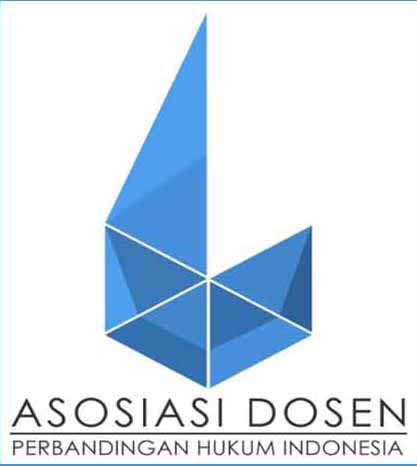URGENSI PEMBARUAN COMMERCIAL CODE DI BIDANG PELAYARAN GUNA MENJAMIN PERLINDUNGAN HUKUM KONSUMEN (STUDI PERBANDINGAN DI PELABUHAN PORTKLANG MALAYSIA)
Abstract
This study was aimed to reform some of regulations of the commercial code in shipping which are no longer adequate in the present development. The main issues of the study are: (1) How is the development of commercial code in regulating shipping matter in Indonesia?; (2) Which regulations of the commercial code are necessarily to be reviewed to guarantee the legal protection of consumers?; (3) How is the practice of commercial code in Malaysia as a comparison in regulating the port in Indonesia?. The study uses the traditions of normative legal research. Legal materials are collected by studying document both the primary legal
materials and secondary legal materials. Legal materials are analyzed by both of themes and content analysis. The analysis of the theme is focused on topics of commercial code that needs to be reviewed. On the other hand, the content analysis is aimed to the contents of the legal provisions of the commercial code which are no longer appropriate , and it needs to be replaced by the new ones. The results of the study shows that there are some commercial code regulations that need to be reviewed namely: (1) It relates to the definition of the contract and the parties involved in the making of the contract; (2) It is necessary to determine the limits of liability and responsibility of the carrier, and the protection of shippers (customers); (3) From the results of the comparative studies at the Port Klang Malaysia demonstrate that normatively Indonesia is not left behind in terms of regulating commercial Code. It demonstrates that in practice Indonesia has imposed the Hage Visby Rules 1968, although Indonesia has not yet ratified it. On the other hand, Malaysia still imposes the Hague Rule 1924. The facts prove that PortKlang in Malaysia is more advanced than the ports in Indonesia in terms of infrastructure availability. Portklang engagesin 13th rank among ports in the world, while the ports in Indonesia are not included in the world rank.
materials and secondary legal materials. Legal materials are analyzed by both of themes and content analysis. The analysis of the theme is focused on topics of commercial code that needs to be reviewed. On the other hand, the content analysis is aimed to the contents of the legal provisions of the commercial code which are no longer appropriate , and it needs to be replaced by the new ones. The results of the study shows that there are some commercial code regulations that need to be reviewed namely: (1) It relates to the definition of the contract and the parties involved in the making of the contract; (2) It is necessary to determine the limits of liability and responsibility of the carrier, and the protection of shippers (customers); (3) From the results of the comparative studies at the Port Klang Malaysia demonstrate that normatively Indonesia is not left behind in terms of regulating commercial Code. It demonstrates that in practice Indonesia has imposed the Hage Visby Rules 1968, although Indonesia has not yet ratified it. On the other hand, Malaysia still imposes the Hague Rule 1924. The facts prove that PortKlang in Malaysia is more advanced than the ports in Indonesia in terms of infrastructure availability. Portklang engagesin 13th rank among ports in the world, while the ports in Indonesia are not included in the world rank.
Keywords
Reform; Commercial Code; Consumer Protection Law
Full Text:
PDFDOI: https://doi.org/10.18196/jmh.v21i1.1155
Refbacks
- There are currently no refbacks.
Copyright (c) 2016 Jurnal Media Hukum
JMH Visitor






















